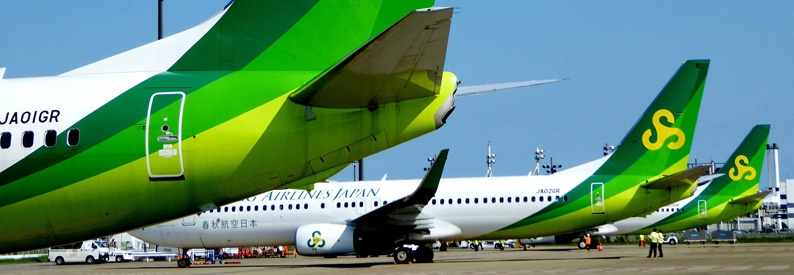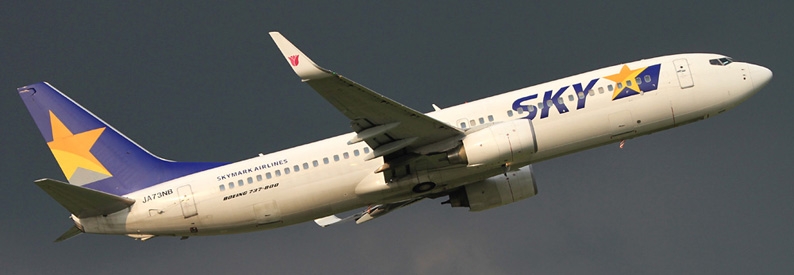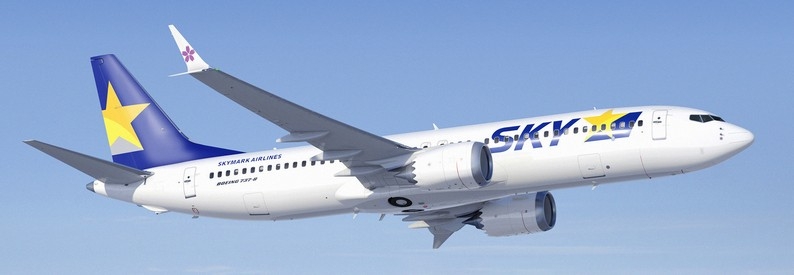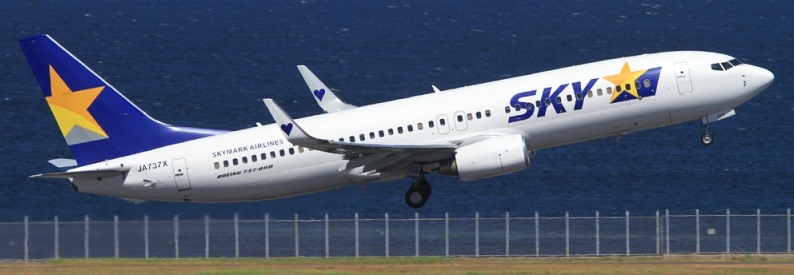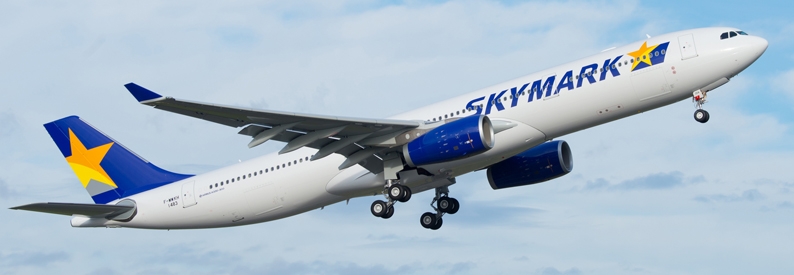Skymark Airlines (BC, Tokyo Haneda) revealed on July 28 that it is preparing to drum up capital of JPY4 billion yen (USD36 million) from its comparatively cash-rich shareholders as it continues to try to find ways to bolster its pandemic-hit finances.
The struggling independent low-cost carrier plans to raise the funds from Japanese private equity fund Integral Corporation, which holds a 50.1% stake in Skymark, ANA Holdings which holds 16.5%, and both Sumitomo Mitsui Banking Corporation and the Development Bank of Japan, which jointly operate a fund owning a 33.4% shareholding.
Skymark Airlines pledged that it would raise JPY2 billion (USD18 million) in August through a shareholder allocation capital increase plus the same amount again in subordinated loans - debt that ranks after other debts if a company falls into bankruptcy or liquidation.
The latter loans, to be financed by the state-owned Development Bank of Japan, will be recognised as equity in a conversion option. Integral is expected to underwrite about JPY1 billion (USD9 million), the two banks’ investment fund will accept liability for about JPY670 million (USD6.1 million), and the ANA - All Nippon Airways parent will guarantee about JPY330 million (USD3 million).
Meanwhile, two private banks, Sumitomo Mitsui Banking and Mizuho Bank, which lent Skymark JPY30 billion (USD273 million) last year in syndicated loans due to mature at the end of July have agreed to refinance. The loan repayment deadline had already been changed once, from November 2020 to July 2021. A new deadline was not specified.
Skymark’s already shaky finances have suffered during the pandemic. For the year to the end of March, the company posted a net loss of JPY16.3 billion (USD148 million), while its capital adequacy ratio - capital in relation to liabilities - declined during the year from 30% to 12%. It carried about 250,000 passengers in June 2021, down 60% from June 2019.
Skymark Airlines currently operates a fleet of twenty-nine B737-800s, five of them owned and 24 leased from 11 lessors, according to the ch-aviation Commercial Aviation Aircraft Data module, deploying them on 23 routes, all of which are domestic.
- Type
- Base
- Aircraft
- Destinations
- Routes
- Daily Flights

